Authors
Ashoka Fellow Contributors
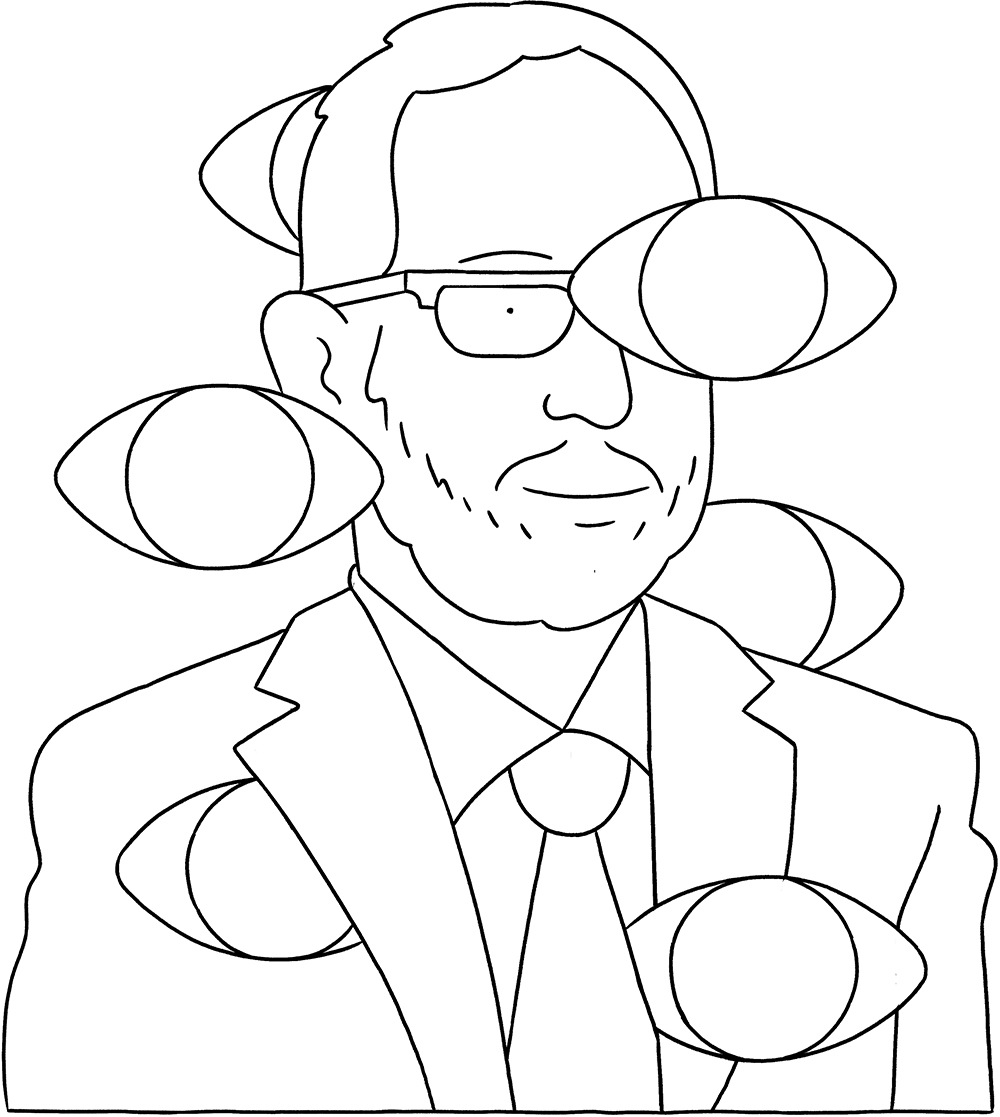 Albert Fox Cahn
Albert Fox Cahn Albert Fox CahnBeing anonymous in a big city—that’s a notion of the past. Nowadays, surveillance technology allows law enforcement to track people’s activities with a few strokes of a key. Albert Fox Cahn, a lawyer and privacy activist, lays out why many surveillance practices infringe on constitutional rights and why we need more citizen oversight and a recalibration of the social contract.
Albert Fox CahnBeing anonymous in a big city—that’s a notion of the past. Nowadays, surveillance technology allows law enforcement to track people’s activities with a few strokes of a key. Albert Fox Cahn, a lawyer and privacy activist, lays out why many surveillance practices infringe on constitutional rights and why we need more citizen oversight and a recalibration of the social contract. Alison Lingane
Alison Lingane Alison LinganeThere is a near universal concern about the growth of wealth inequality in the U.S. So what are doable, practical pathways for creating better jobs, sharing profits, and keeping small businesses alive and jobs local? Let’s focus on ownership, not just wages, says Alison Lingane. A conversation about solutions with political appeal for all sides, and the opportunity to build a more equitable economy.
Alison LinganeThere is a near universal concern about the growth of wealth inequality in the U.S. So what are doable, practical pathways for creating better jobs, sharing profits, and keeping small businesses alive and jobs local? Let’s focus on ownership, not just wages, says Alison Lingane. A conversation about solutions with political appeal for all sides, and the opportunity to build a more equitable economy. Angelou Ezeilo
Angelou Ezeilo Angelou EzeiloThe environmental sector in the U.S. is predominantly white. When Angelou Ezeilo set out to change this, she focused on opening up new career pathways for young people of color. But she soon realized that it would take more than supporting Black and Brown people to diversify the environmental movement. A conversation about history, outdoor recreation, power, and the privilege of roaming around freely.
Angelou EzeiloThe environmental sector in the U.S. is predominantly white. When Angelou Ezeilo set out to change this, she focused on opening up new career pathways for young people of color. But she soon realized that it would take more than supporting Black and Brown people to diversify the environmental movement. A conversation about history, outdoor recreation, power, and the privilege of roaming around freely. Brandon Dennison
Brandon Dennison Brandon DennisonBrandon Dennison’s family ties to Appalachia date back to the eighteenth century. A proud local entrepreneur and changemaker, he tells a story of the region that goes beyond the tropes of coal and poverty: of people making informed choices to stay, of creativity and business acumen. And of politicians on the right and left who instead of understanding what is happening at the grassroots resort to ideologically colored instruments that fail to yield results. A conversation about small businesses, local employment, and unlocking pride and purpose.
Brandon DennisonBrandon Dennison’s family ties to Appalachia date back to the eighteenth century. A proud local entrepreneur and changemaker, he tells a story of the region that goes beyond the tropes of coal and poverty: of people making informed choices to stay, of creativity and business acumen. And of politicians on the right and left who instead of understanding what is happening at the grassroots resort to ideologically colored instruments that fail to yield results. A conversation about small businesses, local employment, and unlocking pride and purpose. Bren Smith
Bren Smith Bren SmithBren Smith is a fisherman turned ocean farmer. On vertical farms below the sea surface, ocean farmers grow kelp, oysters, and scallops—with zero fertilizer, freshwater or feed—in a way that sequesters nitrogen and carbon out of the ocean. The winning argument for ocean farming is not the appeal to save the planet. It’s the appeal to save oneself, to lead a self-determined life, to earn a living. A conversation about the need to reconcile ecology and economics, and overcome the class divide.
Bren SmithBren Smith is a fisherman turned ocean farmer. On vertical farms below the sea surface, ocean farmers grow kelp, oysters, and scallops—with zero fertilizer, freshwater or feed—in a way that sequesters nitrogen and carbon out of the ocean. The winning argument for ocean farming is not the appeal to save the planet. It’s the appeal to save oneself, to lead a self-determined life, to earn a living. A conversation about the need to reconcile ecology and economics, and overcome the class divide. Casey Woods
Casey Woods Casey WoodsThe debate about guns is one of the most polarizing in America. Casey Woods works from within the gun-owning community on making the country safer. A conversation about empathy, pragmatism, fear, and the overlap in motivation that drives both opponents and supporters of firearms.
Casey WoodsThe debate about guns is one of the most polarizing in America. Casey Woods works from within the gun-owning community on making the country safer. A conversation about empathy, pragmatism, fear, and the overlap in motivation that drives both opponents and supporters of firearms.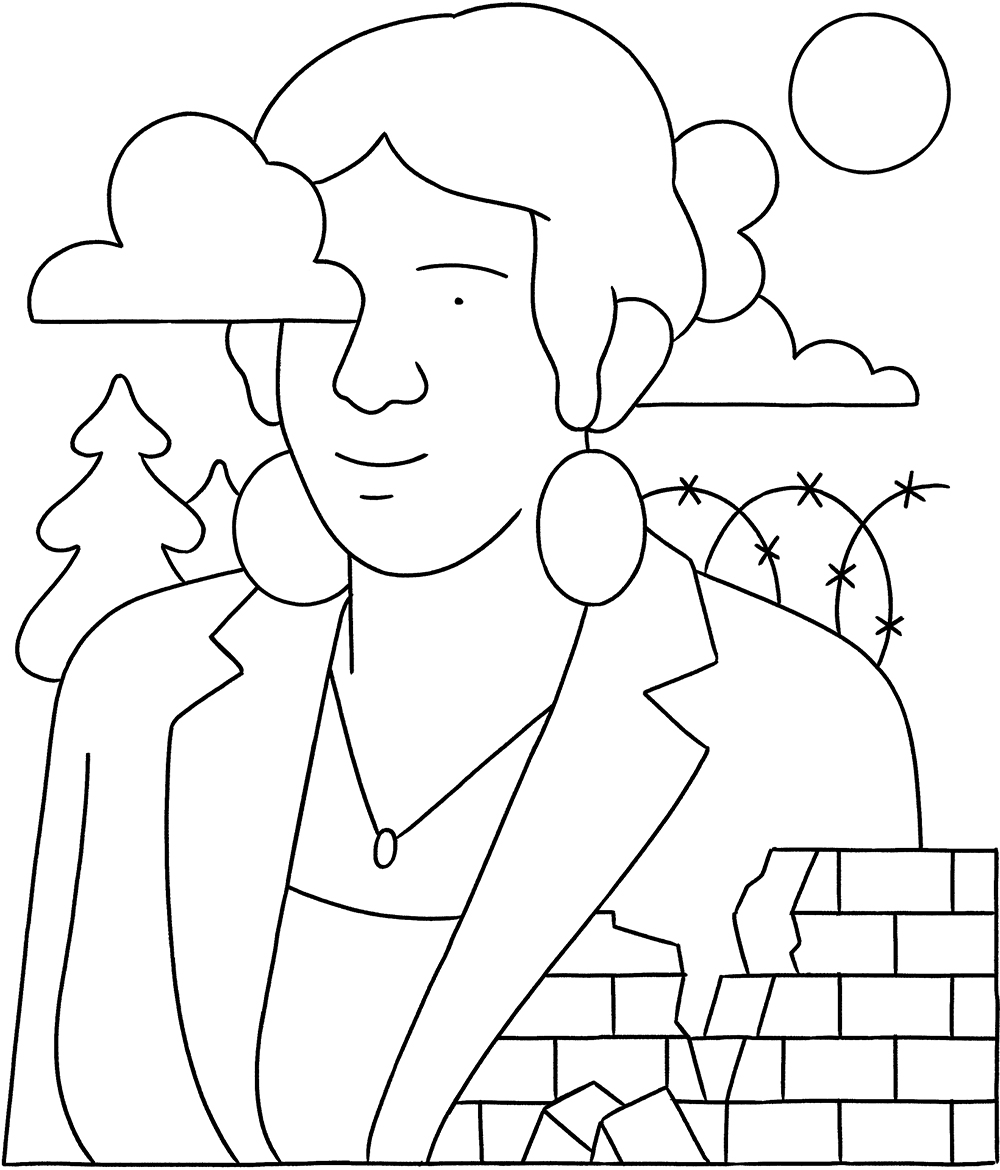 Danielle Sered
Danielle Sered Danielle SeredDoes incarceration make us safer? Or repair harm? If so, why do a majority of survivors of crime opt for an alternative to prison for the person who hurt them when given the choice? A conversation with Danielle Sered about what breeds violence, the pragmatism of survivors, the transformative power of genuine remorse, and what it takes to build safety for all.
Danielle SeredDoes incarceration make us safer? Or repair harm? If so, why do a majority of survivors of crime opt for an alternative to prison for the person who hurt them when given the choice? A conversation with Danielle Sered about what breeds violence, the pragmatism of survivors, the transformative power of genuine remorse, and what it takes to build safety for all.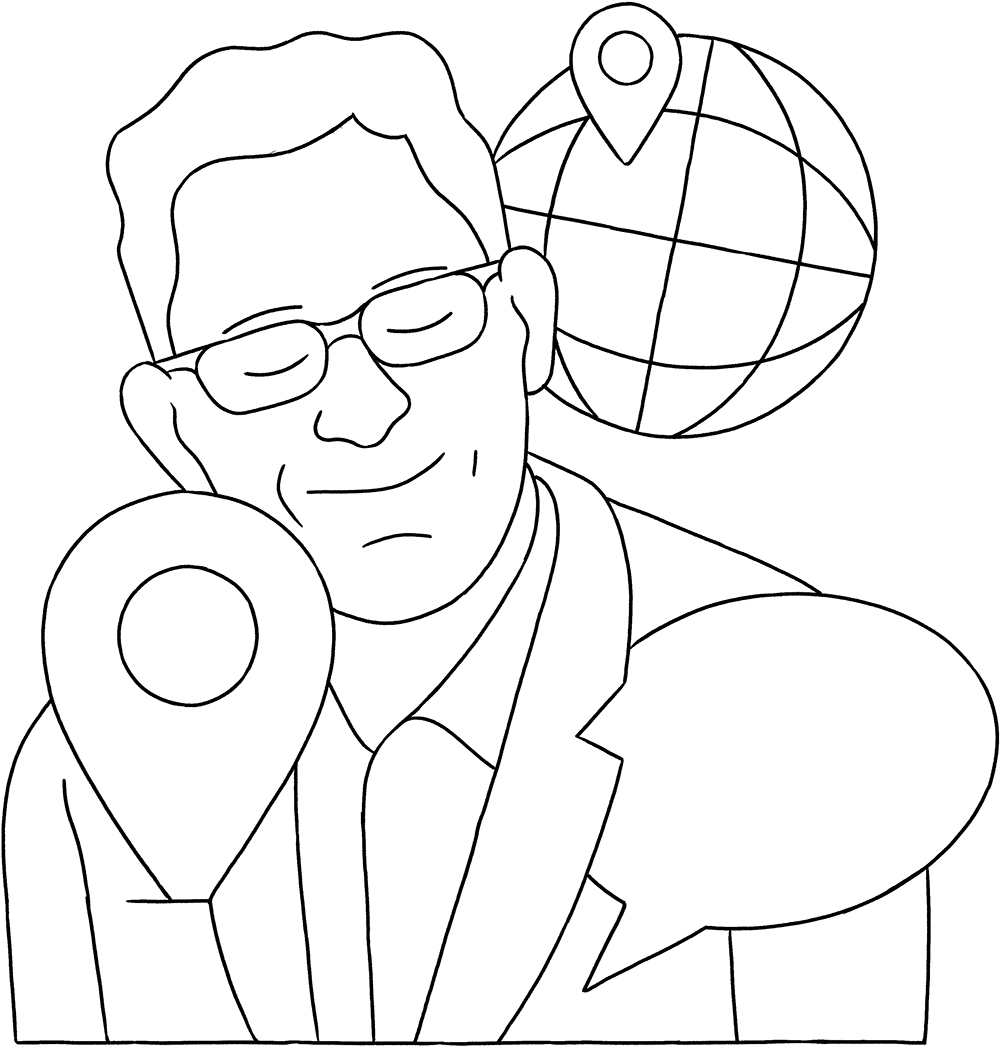 David Lubell
David Lubell David LubellDavid Lubell has nearly two decades of experience helping cities and towns embrace new immigrants. In this conversation, he shares his lessons from the Trump years, the role that empathy plays in his approach, and why there is often a difference between national populist rhetoric and what is happening at the grassroots level.
David LubellDavid Lubell has nearly two decades of experience helping cities and towns embrace new immigrants. In this conversation, he shares his lessons from the Trump years, the role that empathy plays in his approach, and why there is often a difference between national populist rhetoric and what is happening at the grassroots level.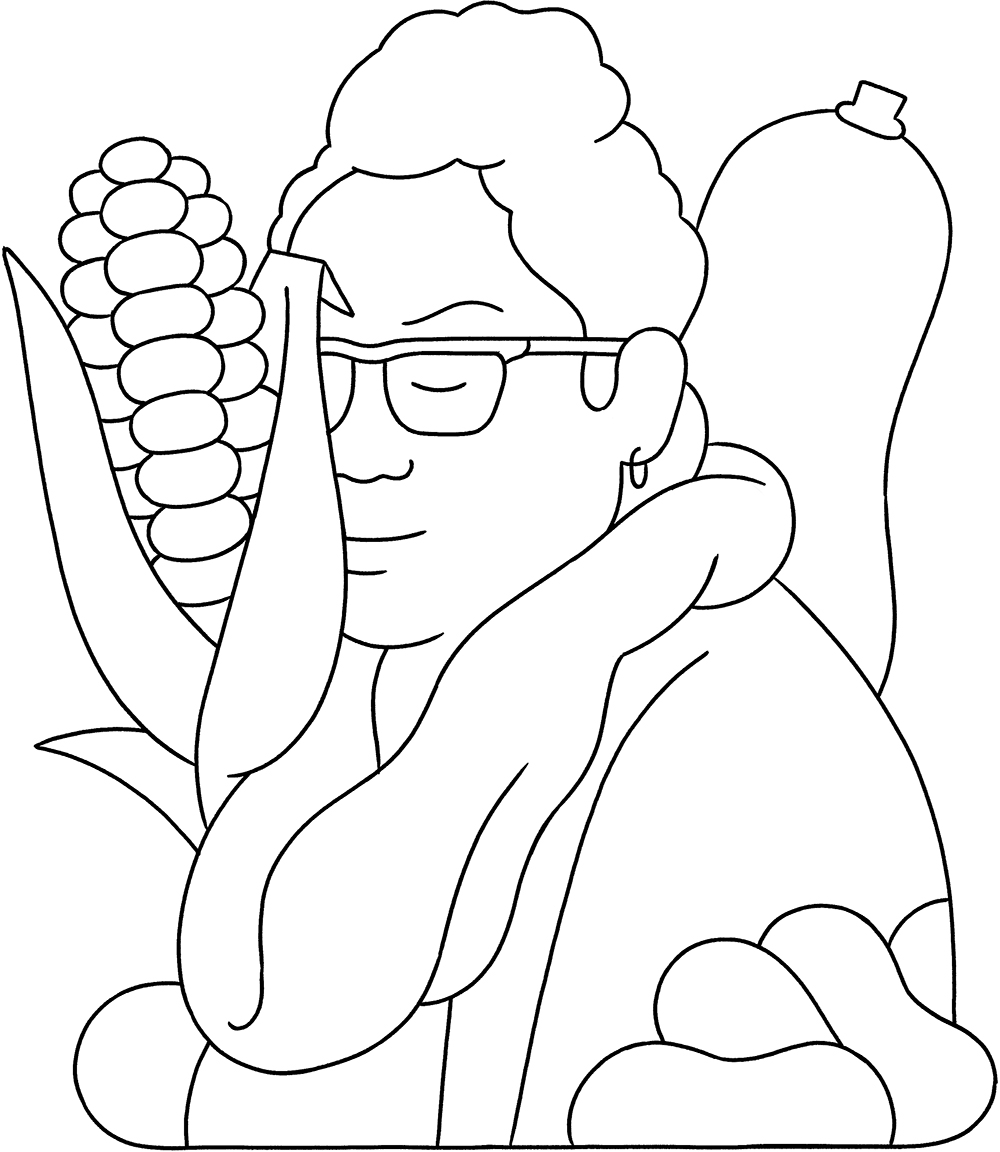 Denisa Livingston
Denisa Livingston Denisa LivingstonDenisa Livingston is a proud Diné member who quietly rallied her people to pass the first tax on unhealthy food in the United States—part of a broader movement to build a culture of health rooted in traditions and Indigenous wisdom. A conversation about community health, history and how food has been instrumentalized as a tool of oppression—and how planting and cooking can be a means of liberation, nourishment, and joy.
Denisa LivingstonDenisa Livingston is a proud Diné member who quietly rallied her people to pass the first tax on unhealthy food in the United States—part of a broader movement to build a culture of health rooted in traditions and Indigenous wisdom. A conversation about community health, history and how food has been instrumentalized as a tool of oppression—and how planting and cooking can be a means of liberation, nourishment, and joy.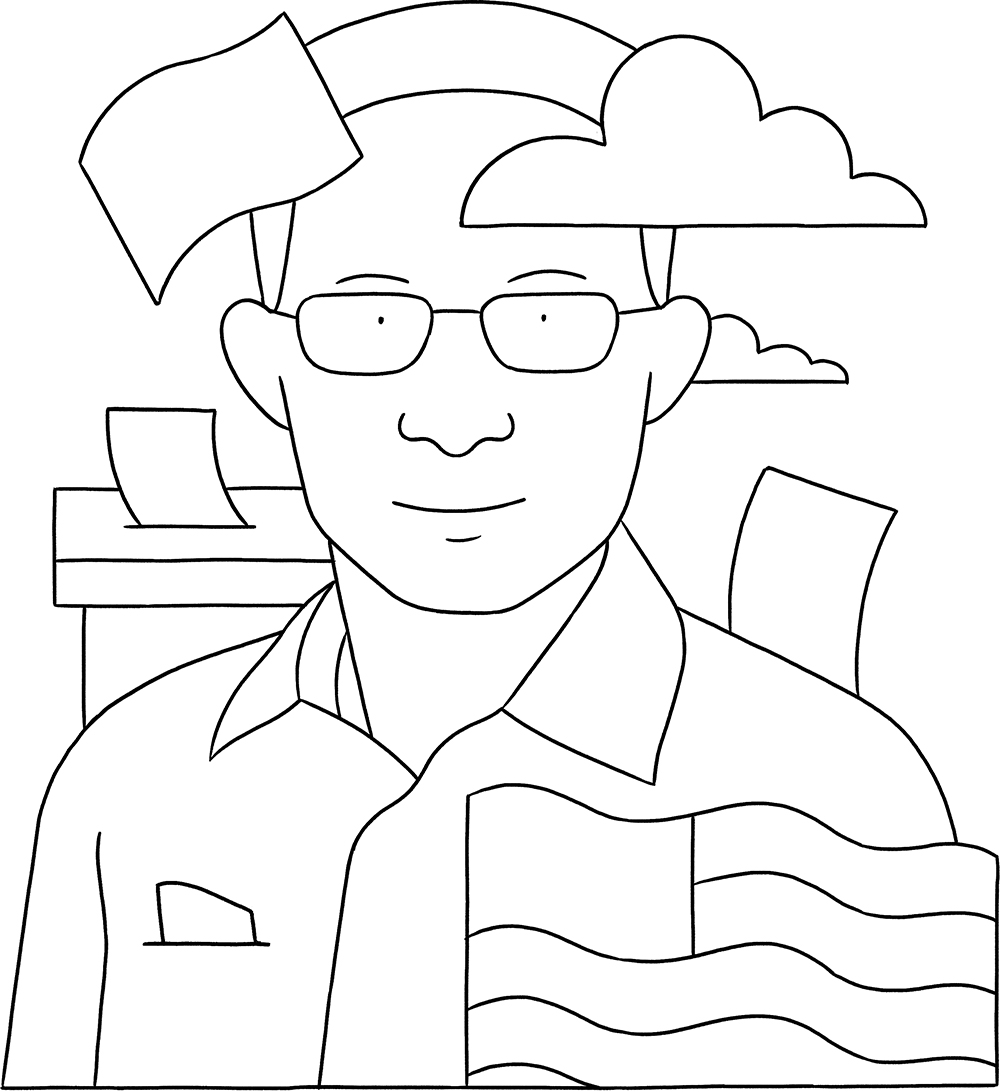 Eric Liu
Eric Liu Eric LiuDemocracies are sustained not just by laws and elections, argues Eric Liu, but by a culture of powerful, responsible citizenship. With democracy under threat in the United States and around the world, how do we create the spaces and habits for rekindling and nurturing that culture at the local level? A conversation about faith, responsibility, power, and America as an ongoing argument.
Eric LiuDemocracies are sustained not just by laws and elections, argues Eric Liu, but by a culture of powerful, responsible citizenship. With democracy under threat in the United States and around the world, how do we create the spaces and habits for rekindling and nurturing that culture at the local level? A conversation about faith, responsibility, power, and America as an ongoing argument.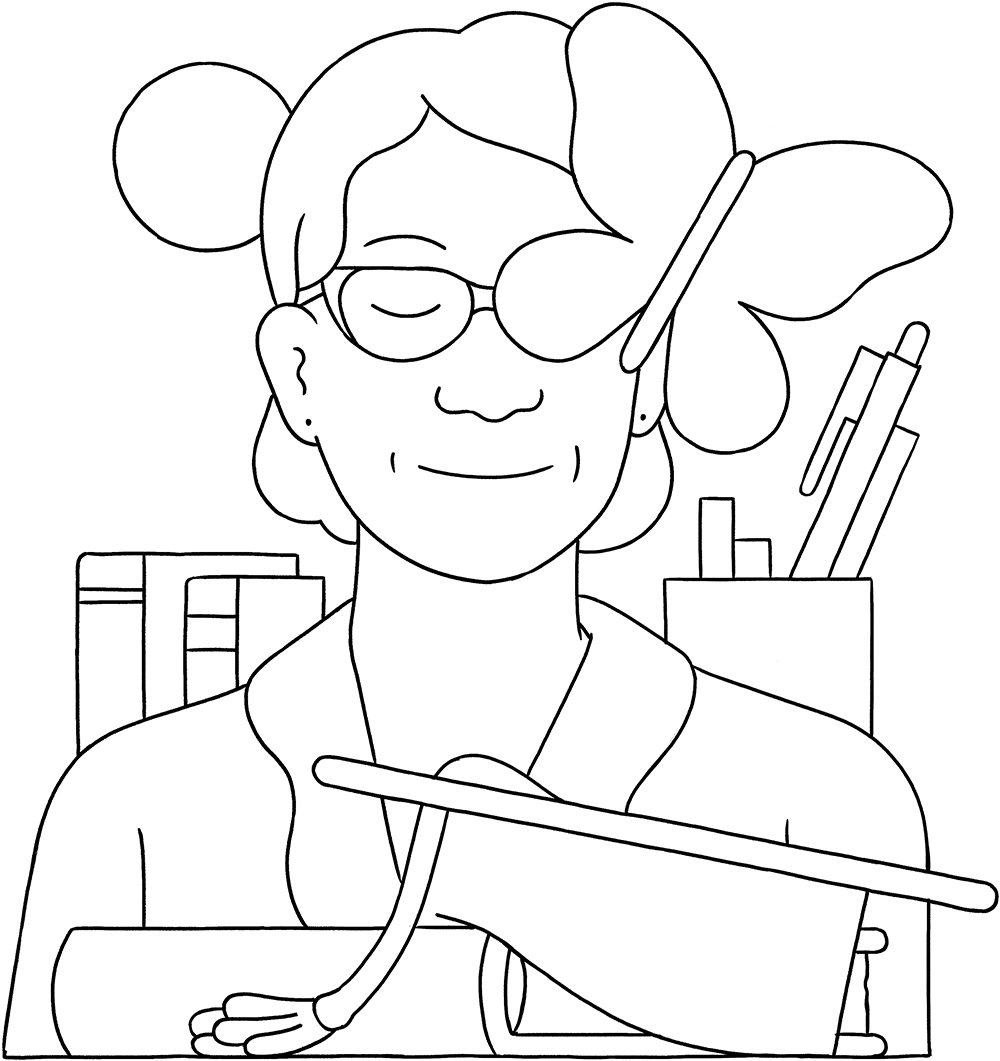 Laura Emiko Soltis
Laura Emiko Soltis Laura Emiko SoltisUndocumented young people have the right to public K-12 education in the U.S.—but not to higher education in all states. Laura Emiko Soltis’s university classrooms are exclusively filled with Dreamers and undocumented youth. A conversation about the country’s history of exclusion, the outsized personal risk many undocumented young people experience, and why education should lead to freedom for all.
Laura Emiko SoltisUndocumented young people have the right to public K-12 education in the U.S.—but not to higher education in all states. Laura Emiko Soltis’s university classrooms are exclusively filled with Dreamers and undocumented youth. A conversation about the country’s history of exclusion, the outsized personal risk many undocumented young people experience, and why education should lead to freedom for all. Mauricio Lim Miller
Mauricio Lim Miller Mauricio Lim MillerBased on his own life experience, Mauricio Lim Miller argues against well-intended poverty reduction approaches led by people with an underlying class bias. In this conversation, he explains why people considered poor are the experts of their own lives, why so much goes wrong when we treat them differently, and how to overcome a class divide that is compounded by race and gender.
Mauricio Lim MillerBased on his own life experience, Mauricio Lim Miller argues against well-intended poverty reduction approaches led by people with an underlying class bias. In this conversation, he explains why people considered poor are the experts of their own lives, why so much goes wrong when we treat them differently, and how to overcome a class divide that is compounded by race and gender.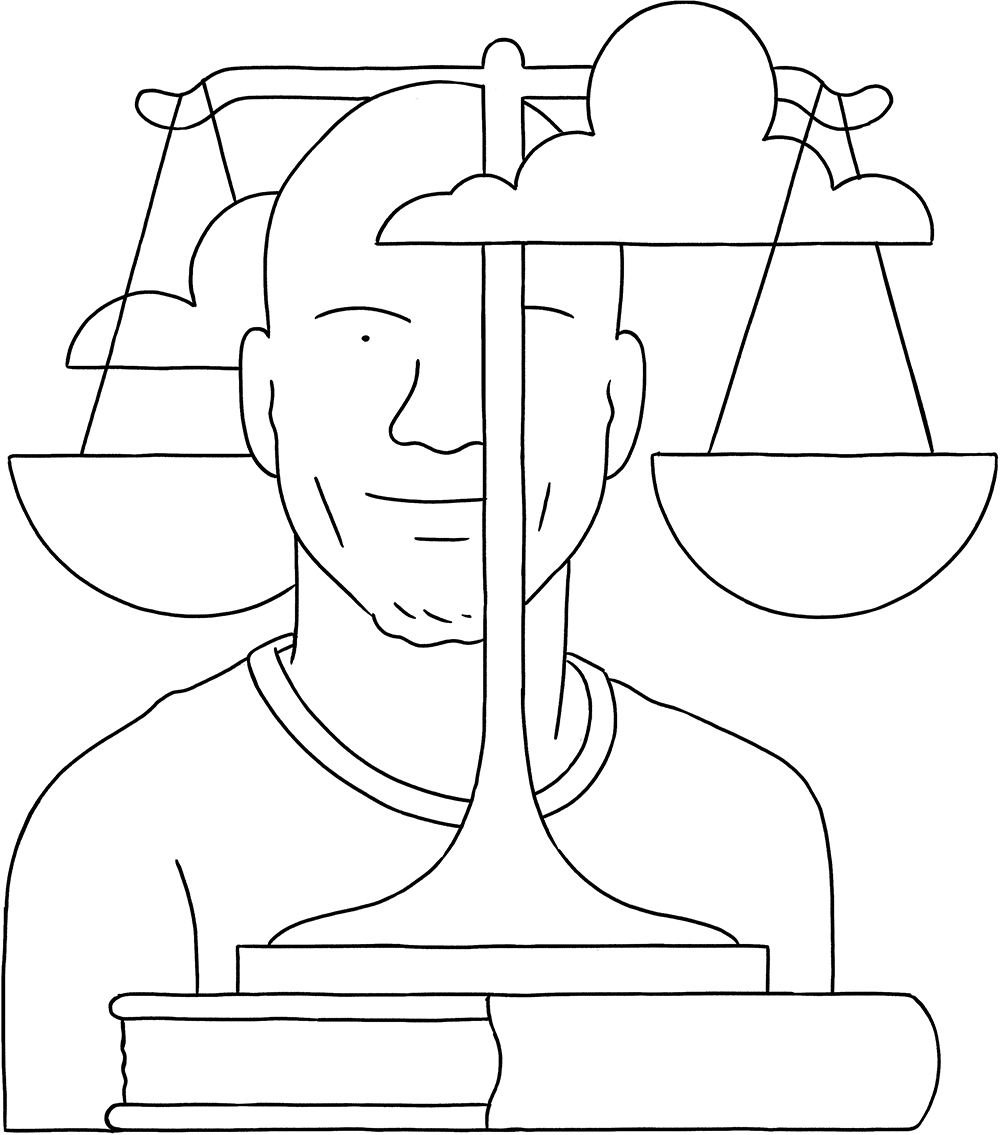 Raj Jayadev
Raj Jayadev Raj JayadevMost Americans facing criminal charges—especially people of color— never have access to strong legal representation. But what if ordinary citizens can help? Tapping into the organizing capacity of communities, Raj Jayadev unlocks the knowledge and wisdom of those with a loved one accused of a crime to shift the outcome of cases. A conversation about chronically overworked public defenders, the imbalance of power in our courts, and the impact of prison—and prison time saved.
Raj JayadevMost Americans facing criminal charges—especially people of color— never have access to strong legal representation. But what if ordinary citizens can help? Tapping into the organizing capacity of communities, Raj Jayadev unlocks the knowledge and wisdom of those with a loved one accused of a crime to shift the outcome of cases. A conversation about chronically overworked public defenders, the imbalance of power in our courts, and the impact of prison—and prison time saved. Rosanne Haggerty
Rosanne Haggerty Rosanne HaggertyFighting homelessness is expensive: Pre-pandemic, the U.S. was already spending $12 billion annually on emergency responses to homelessness— without much impact, or worse perhaps: without any expectation of impact. We can do so much better, says Rosanne Haggerty. A conversation about the relevance of real-time data, what we can learn from public health, and the importance of setting ideological battles aside in order to focus on the task at hand.
Rosanne HaggertyFighting homelessness is expensive: Pre-pandemic, the U.S. was already spending $12 billion annually on emergency responses to homelessness— without much impact, or worse perhaps: without any expectation of impact. We can do so much better, says Rosanne Haggerty. A conversation about the relevance of real-time data, what we can learn from public health, and the importance of setting ideological battles aside in order to focus on the task at hand.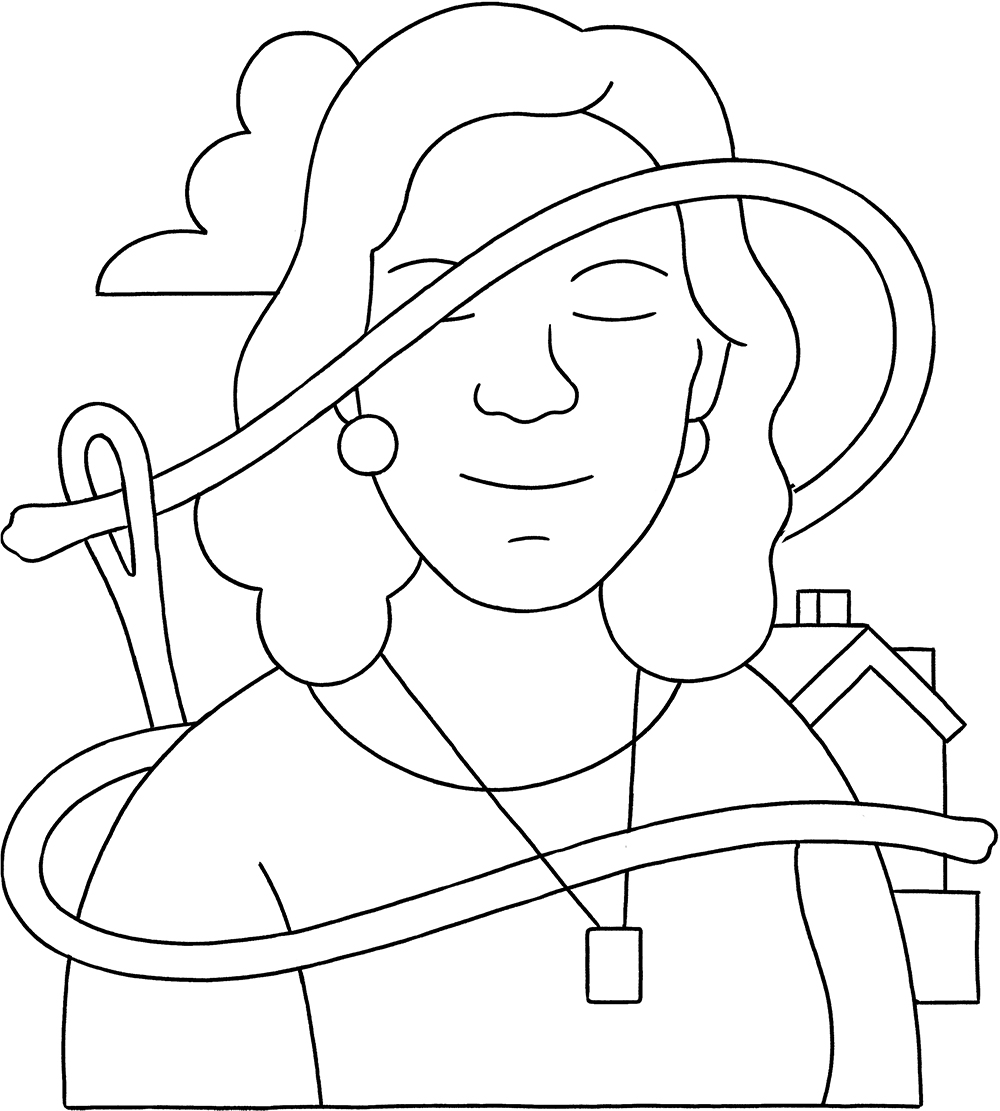 Sarah Hemminger
Sarah Hemminger Sarah HemmingerHow is it that a small organization achieves staggering results of high school and college graduation rates among students in Baltimore? Sarah Hemminger argues that a key determinant of success in life is being surrounded by people who never give up on you. A conversation about showing up, commitment, and the necessity of changing our vantage point and learning from people with different lived experiences.
Sarah HemmingerHow is it that a small organization achieves staggering results of high school and college graduation rates among students in Baltimore? Sarah Hemminger argues that a key determinant of success in life is being surrounded by people who never give up on you. A conversation about showing up, commitment, and the necessity of changing our vantage point and learning from people with different lived experiences. Sixto Cancel
Sixto Cancel Sixto CancelThe example of foster care shows what can go wrong in the welfare system when paperwork and bureaucracy dominate children’s lives—and what opportunities open up when young people are trusted to be drivers of their own destiny. A conversation with Sixto Cancel, who grew up in foster care, about replacing micromanagement with autonomy, and how we can improve policies and save taxpayer dollars if we enlist the help of those closest to the problem.
Sixto CancelThe example of foster care shows what can go wrong in the welfare system when paperwork and bureaucracy dominate children’s lives—and what opportunities open up when young people are trusted to be drivers of their own destiny. A conversation with Sixto Cancel, who grew up in foster care, about replacing micromanagement with autonomy, and how we can improve policies and save taxpayer dollars if we enlist the help of those closest to the problem.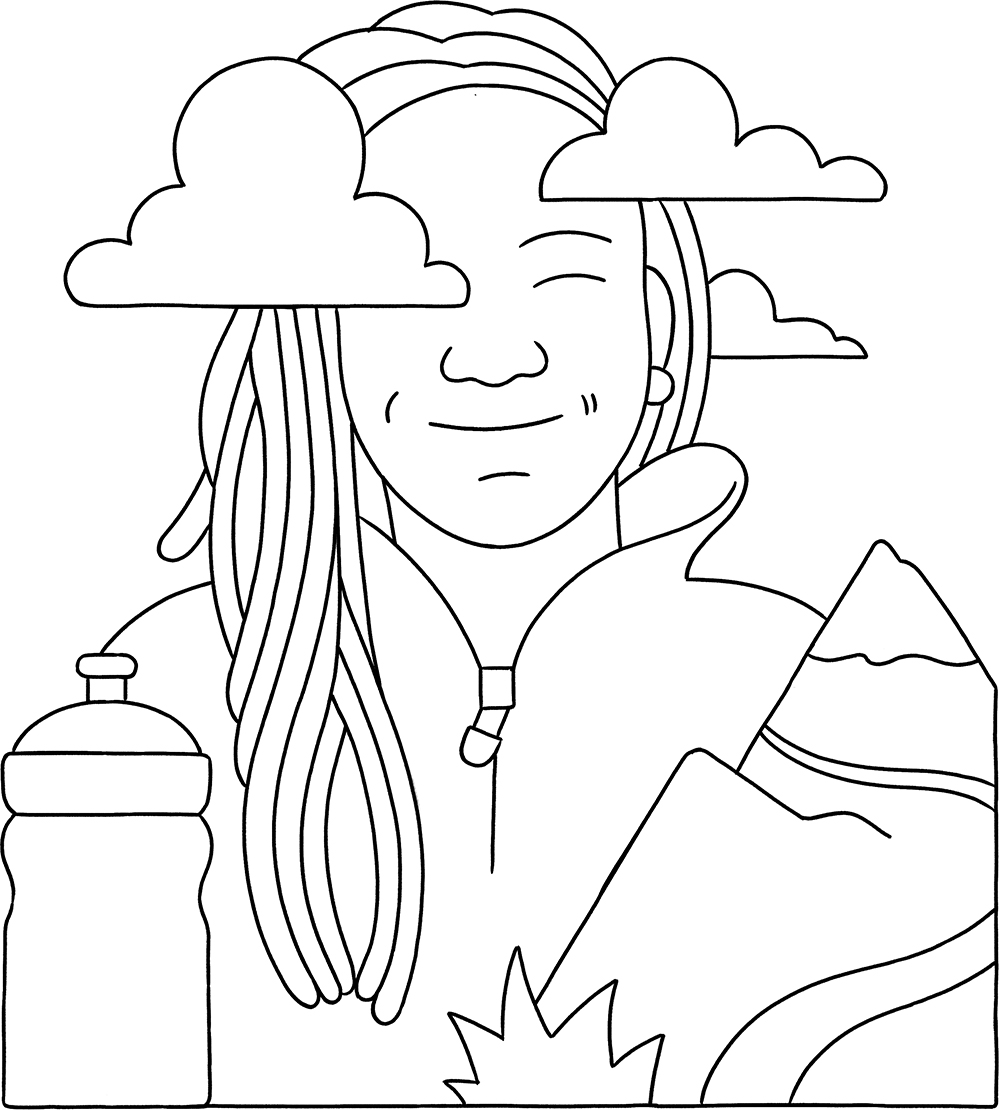 T. Morgan Dixon
T. Morgan Dixon T. Morgan DixonTapping into the changemaking potential of 1.5 million Black women, T. Morgan Dixon is mobilizing against exhaustion and oppression by fueling a movement that prioritizes joy, health, and self-determination. A conversation about culture change, Black history, the power of self-care, and the radical approach to fighting hatred with hope and love.
T. Morgan DixonTapping into the changemaking potential of 1.5 million Black women, T. Morgan Dixon is mobilizing against exhaustion and oppression by fueling a movement that prioritizes joy, health, and self-determination. A conversation about culture change, Black history, the power of self-care, and the radical approach to fighting hatred with hope and love.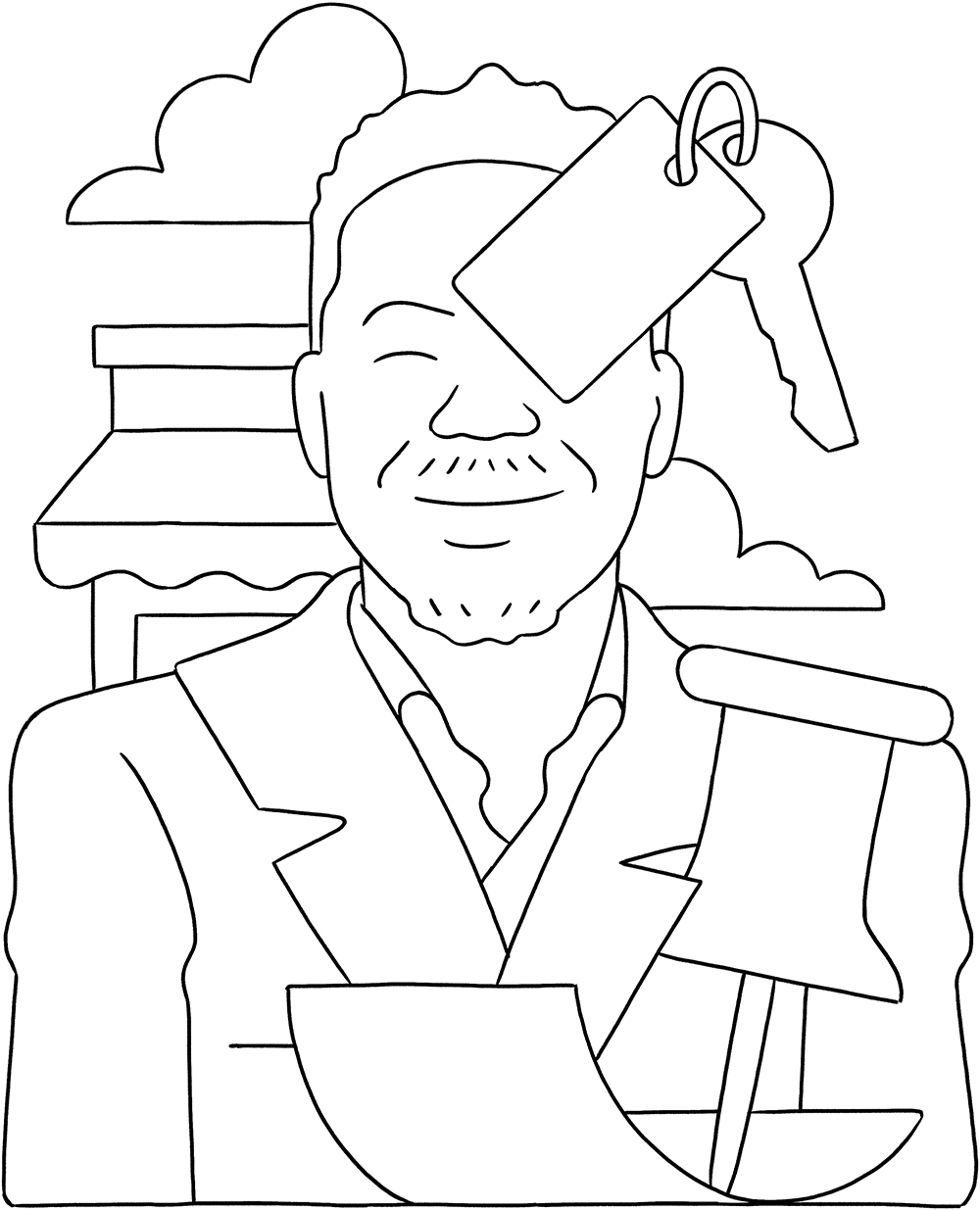 Tim Lampkin
Tim Lampkin Tim LampkinHow can we close the racial wealth gap? Start by making it easier for Black Americans to access capital and build assets, says Tim Lampkin. A conversation about expanding Black business ownership across the Mississippi Delta, reimagining collateral, and why poverty is not an outcome of individual choices, but a function of a biased system.
Tim LampkinHow can we close the racial wealth gap? Start by making it easier for Black Americans to access capital and build assets, says Tim Lampkin. A conversation about expanding Black business ownership across the Mississippi Delta, reimagining collateral, and why poverty is not an outcome of individual choices, but a function of a biased system.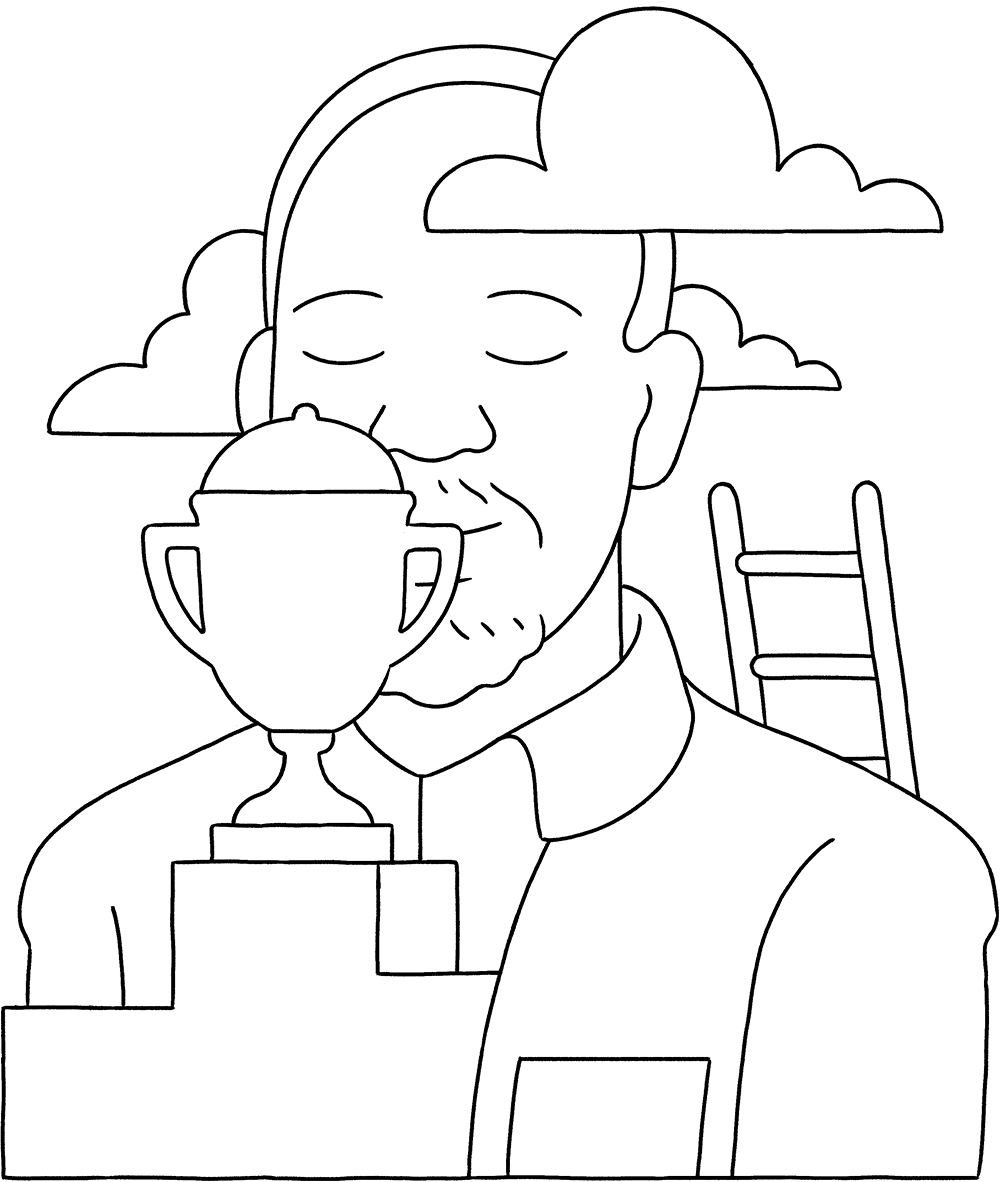 Trabian Shorters
Trabian Shorters Trabian ShortersWhy Asset-Framing matters: Trabian Shorters unveils how popular narratives have contributed to upholding racial hierarchies by characterizing Black people and communities almost exclusively in stigmatizing ways, and why the time is ripe for change. A conversation about the opportunity that opens up for America when we define people by their aspirations and contributions before noting any challenges.
Trabian ShortersWhy Asset-Framing matters: Trabian Shorters unveils how popular narratives have contributed to upholding racial hierarchies by characterizing Black people and communities almost exclusively in stigmatizing ways, and why the time is ripe for change. A conversation about the opportunity that opens up for America when we define people by their aspirations and contributions before noting any challenges.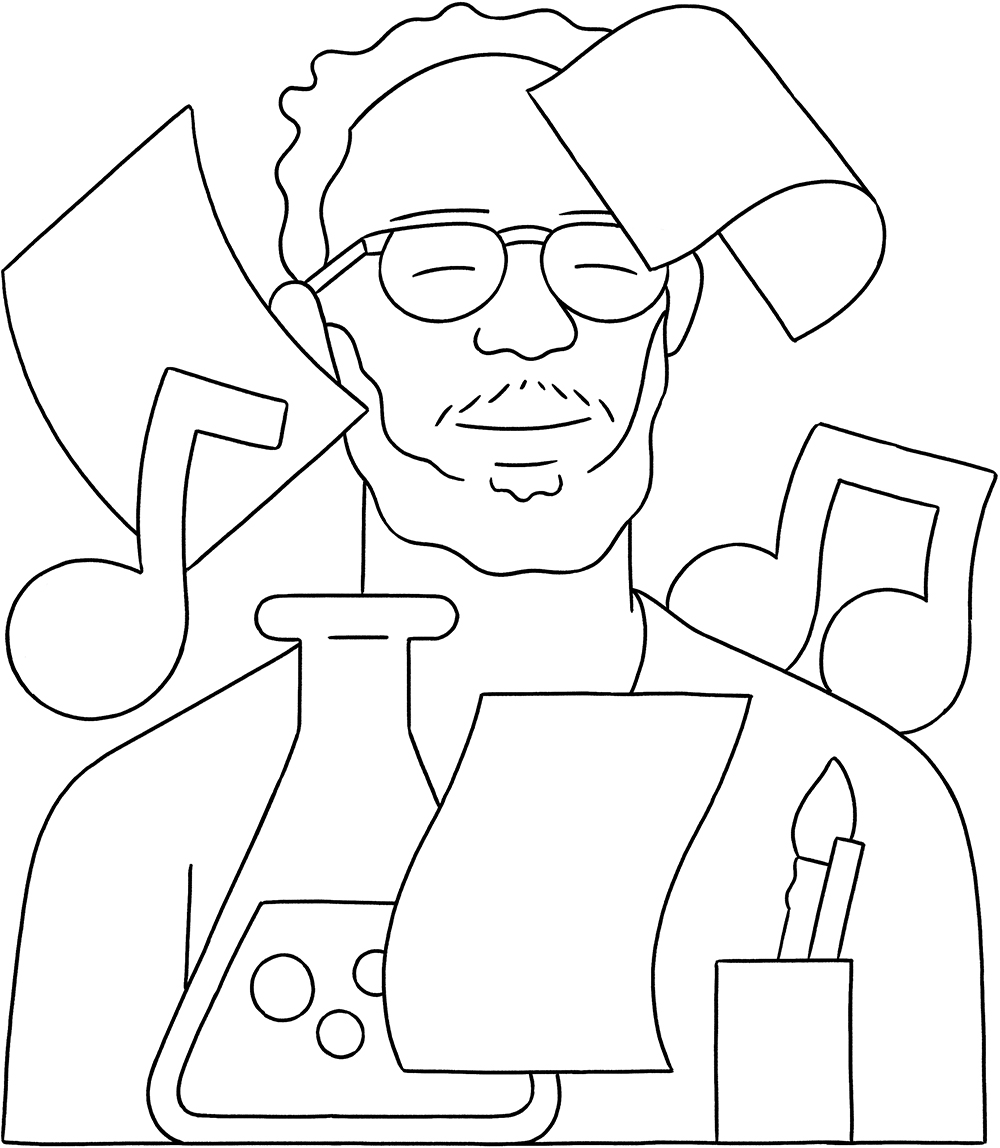 Will Jackson
Will Jackson Will JacksonHow can we create classrooms that all learners, including Black learners, can relate to and thrive in—and transform the education system in the process? Will Jackson shares his insights about the lived experience of Black learners, the assets and aspirations of Black parents, and the power of connections and collaborations. A conversation about culture, why our ideas of expertise need updating—and how we can all win.
Will JacksonHow can we create classrooms that all learners, including Black learners, can relate to and thrive in—and transform the education system in the process? Will Jackson shares his insights about the lived experience of Black learners, the assets and aspirations of Black parents, and the power of connections and collaborations. A conversation about culture, why our ideas of expertise need updating—and how we can all win.